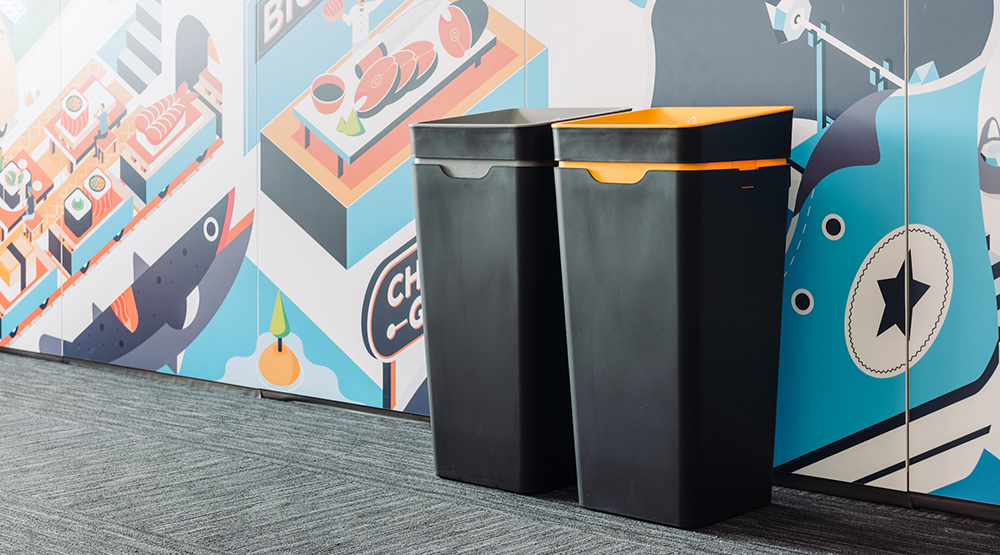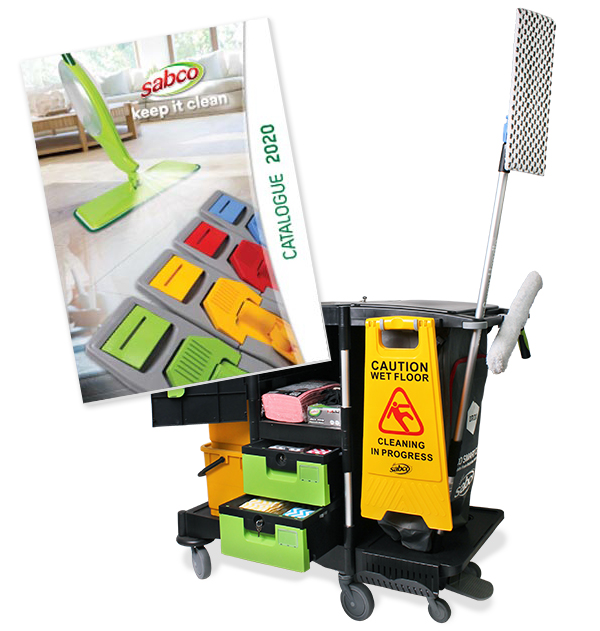
The Australian Packaging Covenant Organisation (APCO) has published a new report, ‘Supporting government procurement of recycled materials’, to help increase government procurement of recycled content – a critical component of Australia’s work to deliver the 2025 National Packaging Targets.
The new report sets out the practical challenges that procurement managers face at each step of the procurement process, and outlines a series of strategies to overcome them.
Developed specifically for local governments, government agencies and businesses seeking to supply materials to governments, the publication draws on in-depth consultation with local government associations and state government agencies.
Practical roadblocks addressed include how procurement managers can access detailed and reliable information on products and materials, including technical product information, local availability, standards, lifecycle impacts and sustainability/recycled content certifications.
The report then details the range of resources and tools available on market, including the new Australian Circular Economy Hub platform, which is set to launch in November 2020.
The procurement supply chain is also examined closely, along with the unique challenges faced by procurement managers and the businesses supplying to them, and how interventions at the planning, sourcing and contract management phases could help overcome them.
The vital importance of establishing a business case for recycled content is also addressed, with the report documenting how to clearly demonstrate the economic rationale to key decision makers.
This includes the direct benefits of recycled content (e.g. material quality, costs and return on investment) as well as the broader positive impacts for local economies, including local and regional waste solutions and regional employment.
Brooke Donnelly, CEO, APCO said: “Government procurement of recycled content will play an important role in Australia’s ability to meet the 2025 National Packaging Targets. We developed this report to help Australia realise this potential.
By providing procurement professionals and the businesses aspiring to supply to them with a clear outline of the challenges in the system, we hope this report will start breaking down some of the barriers and start building capability and skill where it’s most needed”.
Assistant Minister for Waste Reduction and Environmental Management, Trevor Evans MP, said: “When we do buy goods and services that contain or use recycled materials, we reduce the amount of waste resources sent to landfill, repurpose the valuable energy and materials used to make those resources and reinvest that value by converting our waste resources into new products. This is the circular economy in action.
“In the decade ahead, I want to see Australia become a recycling powerhouse, exporting our recycling know-how and innovations to the world, not our waste. Everyone – governments of all levels, industry and consumers – has a role to play in making sure that this happens in Australia. The Australian Government will soon release a revised Sustainable Procurement Guide and updated Commonwealth Procurement Rules so that every single one of our almost 100 agencies must consider buying recycled.”
The 2025 Targets were launched by government and industry in 2018, providing a clear mandate to deliver a new sustainable pathway for packaging in Australia. The four targets, to be achieved by 2025, are:
- 100 per cent reusable, recyclable or compostable packaging
- 70 per cent of plastic packaging being recycled or composted
- 50 per cent of average recycled content included in packaging
- The phase out of problematic and unnecessary single-use plastics packaging.
Comment below to have your say on this story.
If you have a news story or tip-off, get in touch at info@3.106.117.80.
Sign up to INCLEAN’s newsletter.





